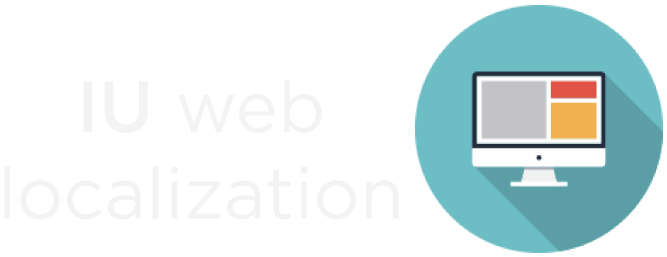
HIPAA Compliance
The Health Information Portability and Accountability Act (HIPAA) was signed into effect in 1996 by President Bill Clinton to protect data privacy. The act safeguards patient medical information and personal identifiable information, and other sensitive information from being shared without consent. The sharing of such information includes face-to-face communications and technology like Internet, client portals, video and phone calls, and other communication devices like smartphones, email and tablets.
Privacy Rule
The privacy rule of the HIPAA Act is centered on protecting medical records, health insurance plans, etc. HIPAA compliance ensures that codes, limits and other mandatory disclosures are in place to keep track of what information is shared, and only as long as the patient gives permission to do so. The privacy rule lays out very specific guidelines for the following:
· Administrative responsibilities
· Written agreements
· Employer and vendor responsibilities to train others on the terms and disclosure of HIPAA and privacy sharing.
· Procedures for electronic transactions, claims and other communications
Security
The HIPAA security code covers the electronic sharing of health information. This section of the Act establishes federal standards for securing patient data that is stored electronically. The security rule highlights the confidentiality requirements of obtaining and maintaining sensitive information. Here is a synopsis of the security rule:
· National security standard
· Protects electronic records and other information
· Supports HIPAA Privacy Rule
· Password protected access to sensitive information
· Policies for new employee training and how-to manuals for new hires
· Policy to limit access of confidential and sensitive information
For more information about HIPAA compliance please visit, https://www.hipaa.com/
What is the HITECH Act?
The Health Information Technology for Economic and Clinical Health (HITECH) Act went into effect in February 2009 to supplement HIPAA. Like the HIPAA act, HITECH protects individuals’ sensitive information. The primary difference between HITECH and HIPAA is that HITECH addresses the security and safety concerns of technology used in healthcare facilities. Vendors that provide such technologies must comply with the national standards as well. If violated, fines and in some cases, jail time are mandated.
For more information about the HITECH Act, click here.
Questions?
If you have any questions or concerns in regards to the HIPAA or HITECH acts or Interpreters Unlimited’s compliance policies please call 800-726-9891 or email [email protected].
HIPAA Compliance for Language Service Providers
Check out our blog post about what it takes to be a HIPAA-compliant language services company.



